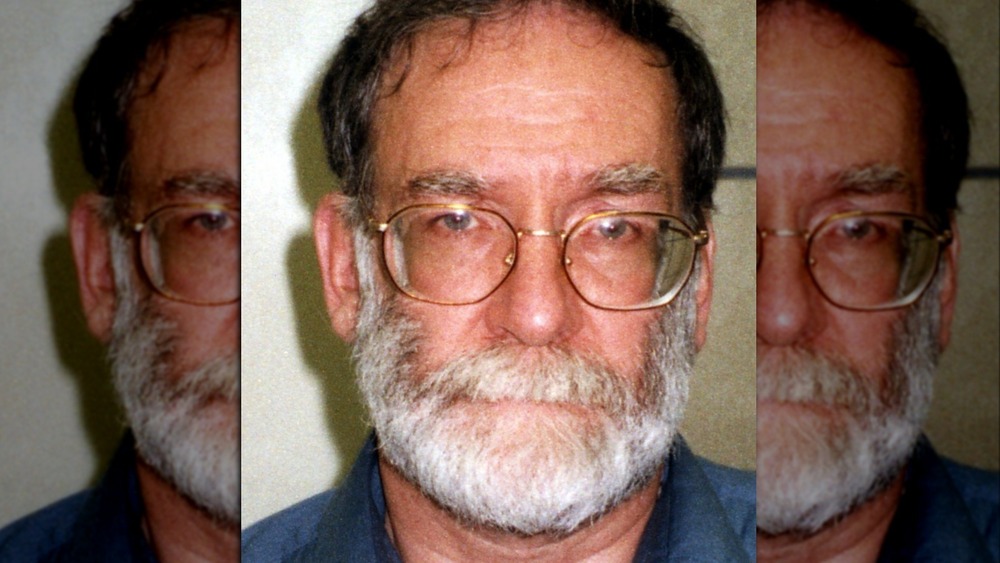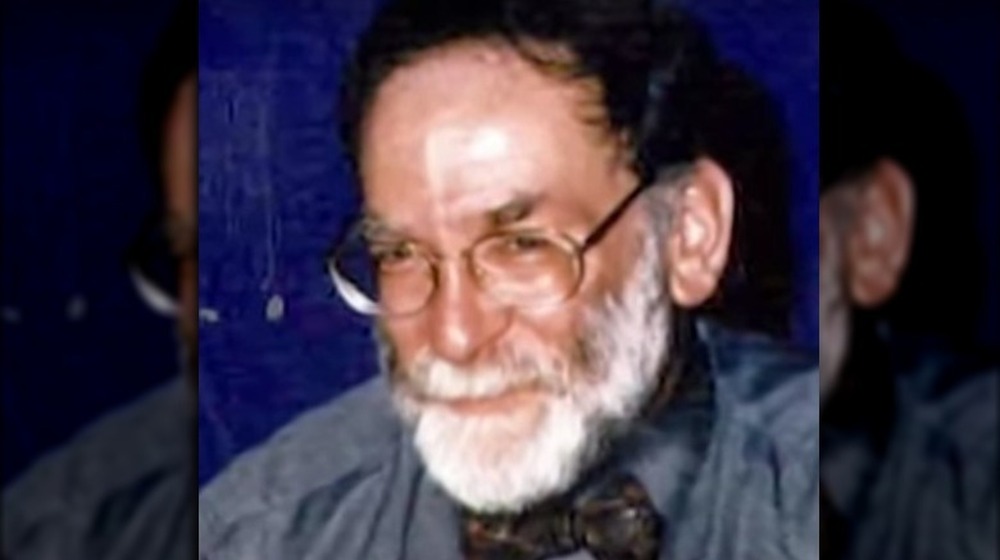The Truth About Killer Harold Shipman's Medical Career
Doctors are among the most trusted and valued professionals in human society. They're privy to their patients' most intimate and often embarrassing maladies, and relied upon to dispense treatment, advice and aid. They are allowed into people's everyday lives in a way that even family members may not be.
Tragically, the patient-doctor relationship is often a tumultuous one. Ignaz Semmelweis, a 19th century Buda-born (now Budapest) doctor, pioneered the importance of simple hygiene such as hand-washing and was ruthless (and ruthlessly derided in turn) in his efforts. He may have been heavy-handed in the attempt to relay this message, but he was doing his best to uphold the traditions of the position of great trust in which he had been placed: always do everything possible for the good of patients. This is precisely why the story of Dr. Harold Shipman shocked the world when it broke in the late 1990s.
The career of 'Doctor Death'
Shipman was born in Nottingham, England, on January 14, 1946. An intelligent young man, Britannica reports that his interest in medicine developed from tragic family circumstances: His mother was suffering from terminal lung cancer and he was intrigued by the effects of the morphine she was being administered.
At university, he was "quiet and hard-working ... there was nothing special about him," reported Dr Michael Launer, who also attended (according to the Lancashire Telegraph). Shipman earned a degree in medicine from Leeds University, beginning his career with a position as a General Practitioner in the town of Todmorden. This wouldn't last, as it was discovered in 1975 that he had become addicted to painkillers (pethidine) and falsified prescriptions to procure it.
This dichotomy would define the deadly doctor's career: a veneer of kindly respectability concealing the malicious intent underneath. After a brief period in rehabilitation, he was free to practice medicine again. In Hyde in Greater Manchester, he embarked upon one of the most infamous and prolific series of killings ever.
The Guardian once dubbed Shipman "The doctor Jekyll of Hyde," reporting that there was a huge outpouring of support for him among many patients upon his arrest in 1998. Nobody could have imagined the truth. He was found guilty of 15 murders by administration of lethal doses of painkillers, and is believed to have killed over 200. He committed suicide by hanging in a cell in Wakefield Prison in January 2004, aged 58.

